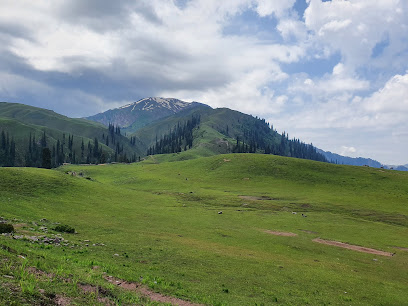
The Majestic Heights of Makra Peak
Makra Peak, nestled in the stunning Kaghan Valley of Pakistan, is a paradise for nature lovers and adventure enthusiasts alike. Standing at an impressive height of 3,885 meters (12,746 feet), Makra Peak offers breathtaking panoramic views of the surrounding valleys, lush green meadows, and snow-capped mountains. Reaching the summit of Makra Peak is an exhilarating experience, with a trek that takes you through diverse landscapes, from dense forests to alpine pastures. The journey is as rewarding as the destination, with the chance to encounter local wildlife and witness the vibrant flora that flourishes in this pristine environment. Whether you're an experienced mountaineer or a novice hiker, Makra Peak promises an unforgettable adventure. The best time to visit is during the summer months when the weather is pleasant, and the trails are most accessible. Immerse yourself in the natural beauty of Makra Peak and discover why it remains one of Pakistan's hidden gems.
Local tips in Makra Peak
- Best time to visit is from May to September for favorable weather conditions.
- Wear sturdy trekking shoes and carry warm clothing as temperatures can drop quickly.
- Hire a local guide to navigate the trails and learn about the flora and fauna.
- Start your trek early in the morning to avoid the afternoon heat and ensure a safe return.
- Bring enough water and snacks, as there are limited facilities along the trail.
The Majestic Heights of Makra Peak
Makra Peak, nestled in the stunning Kaghan Valley of Pakistan, is a paradise for nature lovers and adventure enthusiasts alike. Standing at an impressive height of 3,885 meters (12,746 feet), Makra Peak offers breathtaking panoramic views of the surrounding valleys, lush green meadows, and snow-capped mountains. Reaching the summit of Makra Peak is an exhilarating experience, with a trek that takes you through diverse landscapes, from dense forests to alpine pastures. The journey is as rewarding as the destination, with the chance to encounter local wildlife and witness the vibrant flora that flourishes in this pristine environment. Whether you're an experienced mountaineer or a novice hiker, Makra Peak promises an unforgettable adventure. The best time to visit is during the summer months when the weather is pleasant, and the trails are most accessible. Immerse yourself in the natural beauty of Makra Peak and discover why it remains one of Pakistan's hidden gems.
When is the best time to go to Makra Peak?
Unmissable attractions to see
Masjid Wazeer Khan
Explore the intricate beauty of Masjid Wazeer Khan, a historical mosque in Lahore showcasing Mughal architecture and rich cultural heritage.
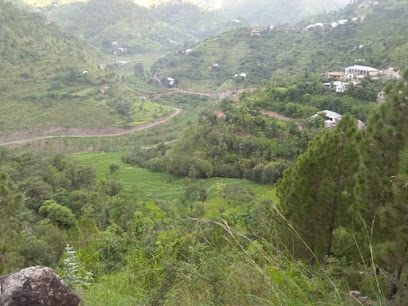
Khewra Salt Mines
Explore Khewra Salt Mines - A breathtaking underground journey through historical salt formations in Pakistan's oldest salt mine.
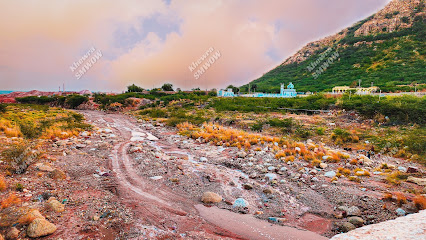
Kunhar River
Explore the breathtaking Kunhar River in Pakistan, where nature's beauty meets thrilling adventures in a serene landscape.
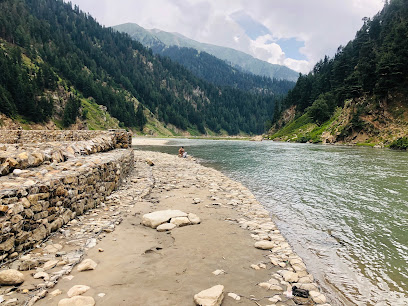
Kaghan Valley
Experience the breathtaking beauty of Kaghan Valley, a serene ravine in Khyber Pakhtunkhwa, Pakistan, renowned for its stunning landscapes and adventure opportunities.
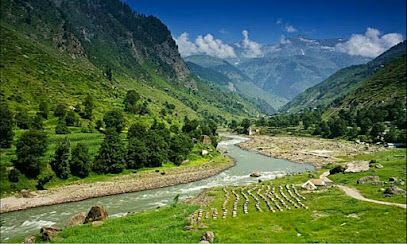
Lalazar Family Resort
Discover the beauty of Khyber Pakhtunkhwa at Lalazar Family Resort, where stunning mountain views meet warm Pakistani hospitality.
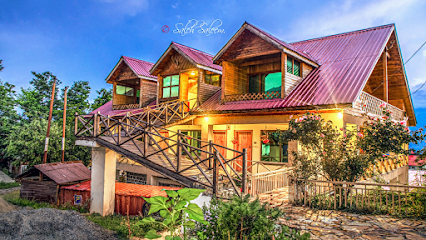
Lalazar
Discover the serene landscapes of Lalazar, a captivating tourist attraction in Khyber Pakhtunkhwa, perfect for hiking and connecting with nature.
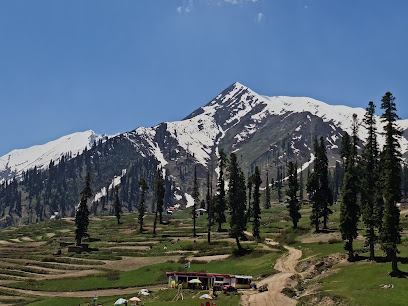
Siri Paye
Discover the natural beauty of Siri Paye, an alpine paradise in Khyber Pakhtunkhwa, where adventure and tranquility coexist amidst stunning mountain views.
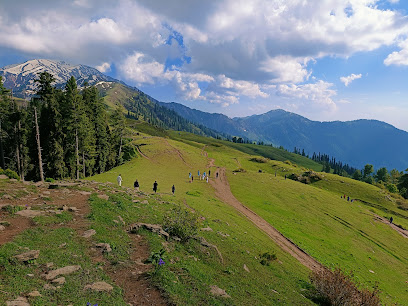
Lughmani Hill View Point
Discover breathtaking views and serene landscapes at Lughmani Hill View Point, a must-visit tourist attraction in Mansehra, Khyber Pakhtunkhwa, Pakistan.
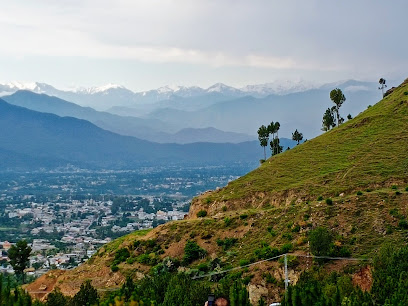
Shogran
Experience the serene beauty of Shogran, a hidden gem in Pakistan's Khyber Pakhtunkhwa, perfect for nature lovers and adventure seekers.
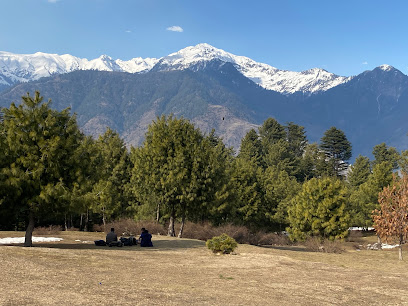
Musa ka Musalla
Explore the breathtaking beauty of Musa ka Musalla, a majestic mountain peak in Allai, Khyber Pakhtunkhwa, perfect for hiking and nature lovers.
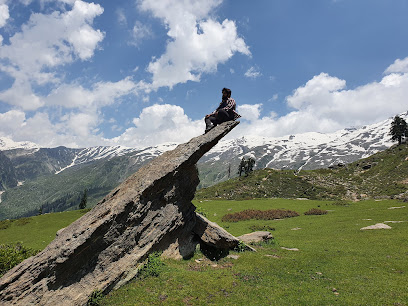
Payee Lake
Explore the breathtaking beauty of Payee Lake in Mansehra, Khyber Pakhtunkhwa, a serene escape surrounded by nature's wonders.
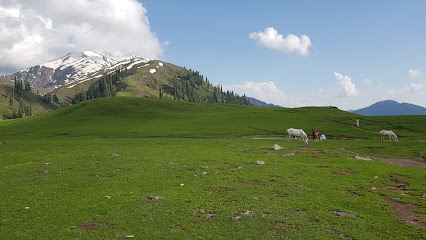
Malika Parbat
Explore the breathtaking vistas at Malika Parbat, a majestic mountain peak in Naran Valley, Pakistan, perfect for adventure and nature lovers.
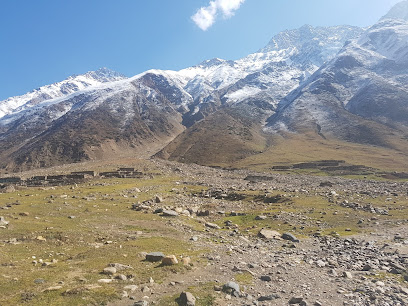
Siri Lake
Discover the serene beauty of Siri Lake in Mansehra, Khyber Pakhtunkhwa, where nature and tranquility await every traveler.
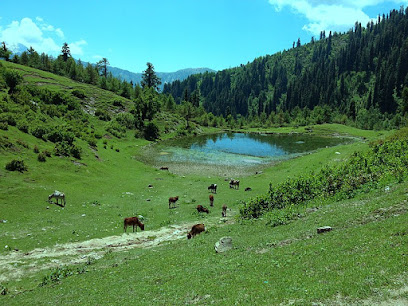
Makra Choti (Spider Peak)
Experience the breathtaking beauty of Makra Choti in the heart of the Kaghan Valley, a top destination for adventure seekers in Pakistan.
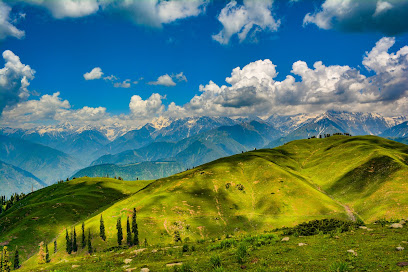
Dharamsar
Discover the serene beauty of Dharamsar Lake in Mansehra, Pakistan, a perfect escape for nature lovers and adventure seekers alike.
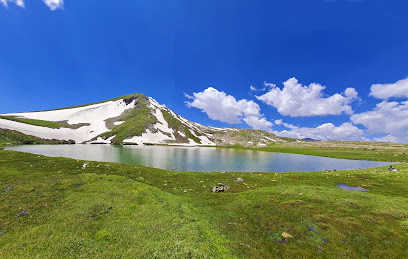
Essential places to dine
Baithak
Experience authentic Pakistani cuisine at Baithak in Mansehra - where tradition meets taste in a warm and inviting setting.
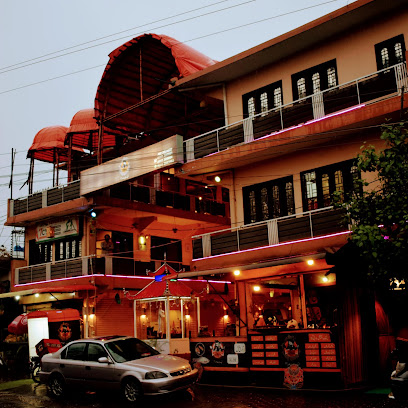
Lalazar Family Resort
Discover comfort amidst nature at Lalazar Family Resort in Kaghan Valley – your ultimate getaway for relaxation and adventure.
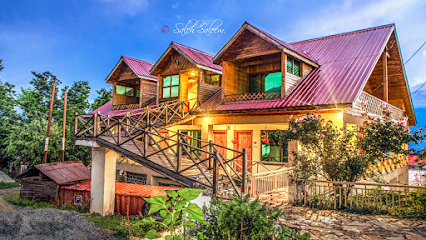
Karakuram Hotel & Restaurant
Experience unparalleled hospitality and delectable cuisine at Karakuram Hotel & Restaurant in Mansehra's picturesque landscapes.

Khan Continental Hotel and Restaurant
Discover the perfect blend of comfort and authentic Pakistani cuisine at Khan Continental Hotel and Restaurant in Mansehra.
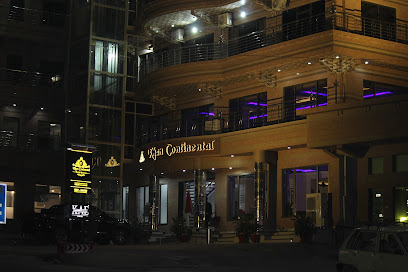
Makra View Hotel & Restaurant
Discover tranquility at Makra View Hotel & Restaurant with stunning views of Spider Peak in Khyber Pakhtunkhwa.
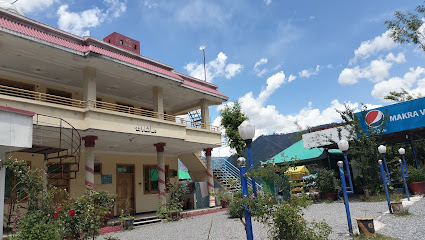
Green Park Hotel
Discover tranquility and adventure at Green Park Hotel in Shogran Valley - your gateway to nature's wonders.
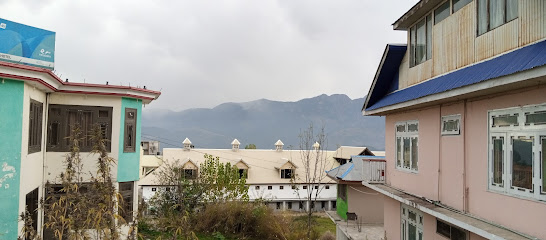
Makra Choti (Spider Peak)
Explore Makra Choti: A Serene Trekking Paradise in Khyber Pakhtunkhwa Offering Stunning Views and Adventure.
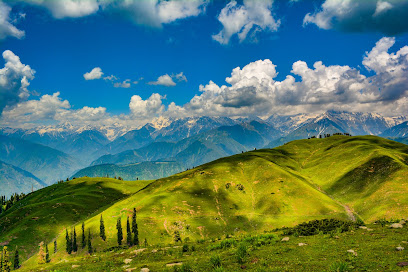
RONZA HOTEL & BIN ISHAQ RESTAURANT BALAKOT
Discover unparalleled comfort and authentic Pakistani cuisine at Ronza Hotel & Bin Ishaq Restaurant in scenic Balakot.
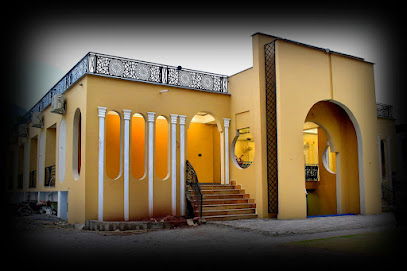
Makra Peak
Experience breathtaking views and adventurous trails at Makra Peak in Mansehra - a must-visit destination for nature lovers.
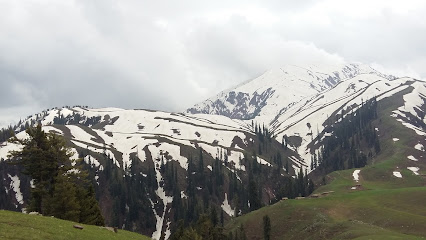
Markhor Cafe
Experience authentic Pakistani cuisine at Markhor Cafe, nestled in the stunning landscapes of Shogran - where every meal is paired with breathtaking views.
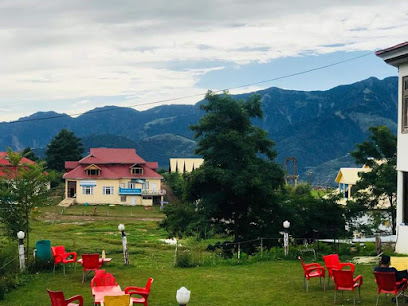
Mansehra Resort & Restaurant
Discover culinary delights at Mansehra Resort & Restaurant amidst breathtaking mountain views in Khyber Pakhtunkhwa.
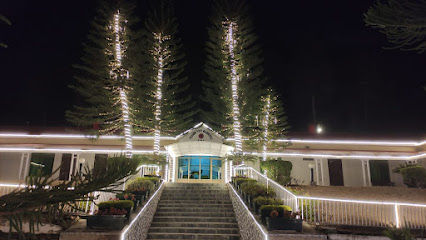
Markets, malls and hidden boutiques
Waqar Karyana Store, shayara Resham Road, Ahal Village District Mansehra PK
Discover local flavors and everyday essentials at Waqar Karyana Store, a hidden gem in Ahal Village for an authentic Mansehra experience.
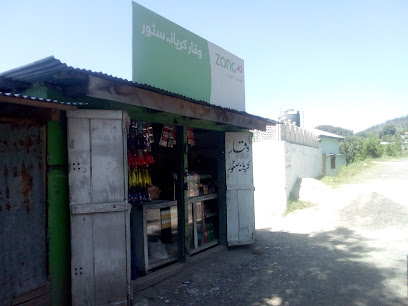
Mansehra store
Explore the rich cultural heritage of Pakistan at Mansehra Store, home to a stunning array of antiques and collectibles.
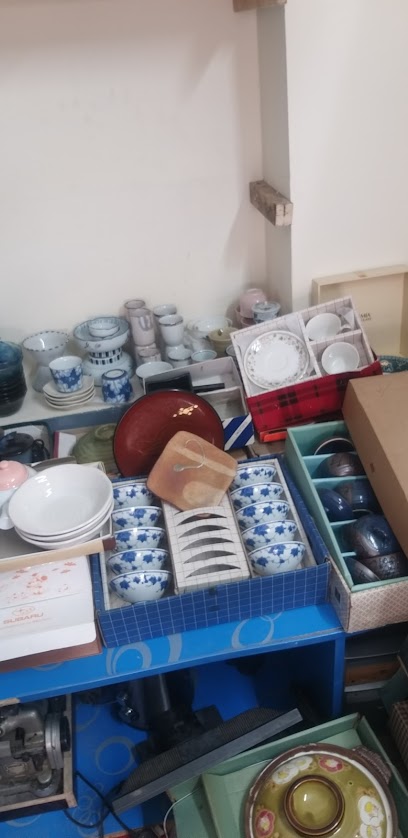
MashAllah General Store
Explore the vibrant local culture at MashAllah General Store in Mansehra, offering unique goods and a friendly shopping atmosphere.

M ikram gift center battal
Discover beauty at Mikram Gift Center in Battal, your ultimate destination for cosmetics and skincare products in Khyber Pakhtunkhwa.
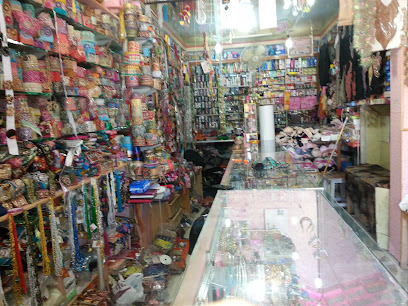
KHAKIA Clothing Outlet
Explore KHAKIA Clothing Outlet in Mansehra for trendy fashion that captures the essence of regional style and culture.
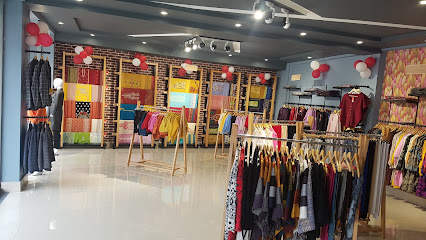
smile decoration
Explore Smile Decoration in Khaki, Pakistan: A delightful home goods store offering unique, handcrafted décor that captures local culture.
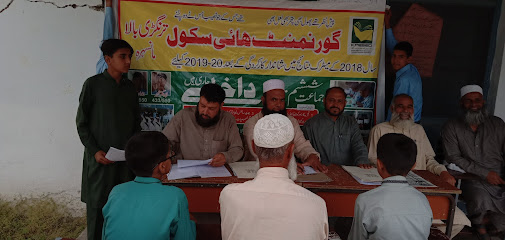
Bismillah piko overlak and gift shop
Explore the rich culture of Khyber Pakhtunkhwa at Bismillah Piko Overlak and Gift Shop, where unique handicrafts and local treasures await.
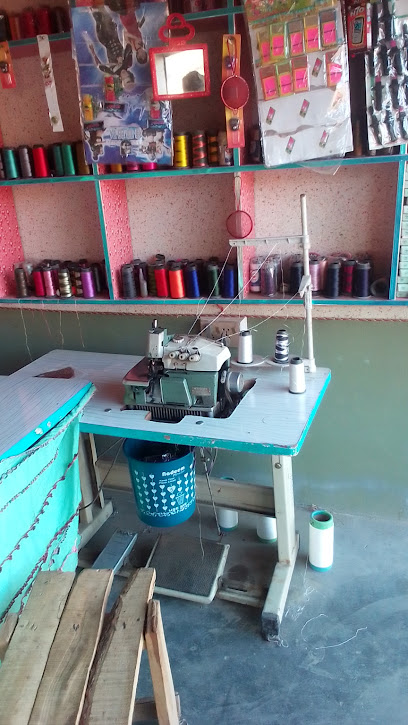
نصیب گل دکان
Discover the charm of Naseeb Gul Dukan, a historic general store in Shangla that offers a glimpse into local culture and stunning mountain scenery.
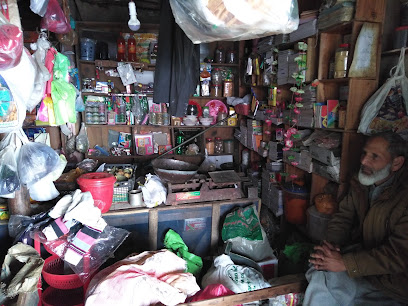
Mir Ahamd jarnal store khankhail market hathi mera
Explore the unique archery experience at Mir Ahamd Jarnal Store in Mansehra, where quality gear meets expert guidance.

بریال کریانہ شوپ
Discover the vibrant local culture at بریال کریانہ شوپ, a charming store in Mansehra offering unique products and an authentic shopping experience.
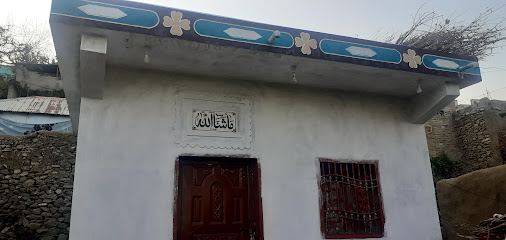
Abu Bakkir Photo State and General Store
Experience local culture and capture memories at Abu Bakkir Photo State and General Store in Mansehra, Pakistan.

Home Shop
Discover Home Shop, the ultimate tack shop for equestrian enthusiasts, offering quality gear and expert advice in a welcoming atmosphere.
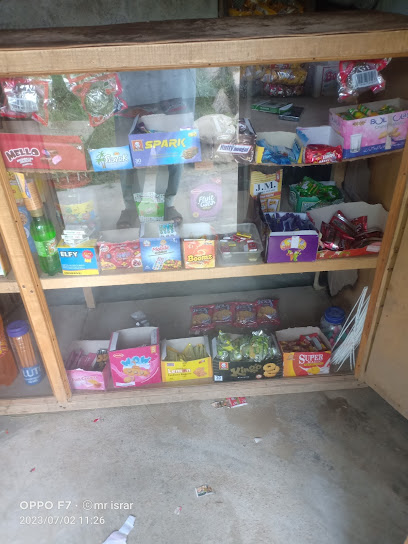
القاسم تبرک اسٹور
Explore a charming gift shop in Dhanaka Shareef, showcasing unique local handicrafts and souvenirs that embody the spirit of Khyber Pakhtunkhwa.
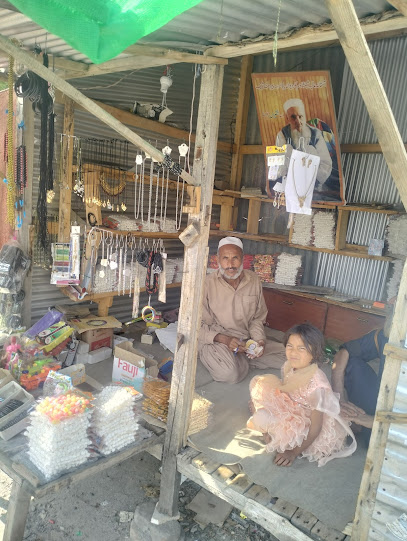
Hi Store
Explore Hi Store in Mansehra for trendy clothing and unique local fashion, celebrating Khyber Pakhtunkhwa's rich cultural heritage.

World Express Store
Explore the World Express Store for a unique shopping experience filled with local crafts, international brands, and friendly service.

Local Phrases about Makra Peak
-
- Helloسلام
[salaam] - Goodbyeخدا حافظ
[khuda hafiz] - Yesہاں
[haan] - Noنہیں
[nahin] - Please/You're welcomeبراہ کرم
[baraah karam] - Thank youشکریہ
[shukriya] - Excuse me/Sorryمعاف کیجیے
[maaf kijiye] - How are you?آپ کیسے ہیں؟
[aap kaise hain?] - Fine. And you?ٹھیک ہوں۔ آپ کیسے ہیں؟
[theek hoon. aap kaise hain?] - Do you speak English?کیا آپ انگریزی بولتے ہیں؟
[kya aap angrezi boltay hain?] - I don't understandمجھے سمجھ نہیں آیا
[mujhe samajh nahi aaya]
- Helloسلام
-
- I'd like to see the menu, pleaseبراہ کرم مینو دیکھنا چاہتا ہوں
[baraah karam menu dekhna chahta hoon] - I don't eat meatمیں گوشت نہیں کھاتا
[mein gosht nahi khata] - Cheers!صحت مندی
[sehat mandi] - I would like to pay, pleaseبراہ کرم ادا کرنا چاہتا ہوں
[baraah karam ada karna chahta hoon]
- I'd like to see the menu, pleaseبراہ کرم مینو دیکھنا چاہتا ہوں
-
- Help!مدد کریں!
[madad karein!] - Go away!دور ہوجاؤ!
[door ho jao!] - Call the Police!پولیس کو بلائیں!
[police ko bulaiye!] - Call a doctor!ڈاکٹر کو بلائیں!
[doctor ko bulaiye!] - I'm lostمیں گم ہوگیا ہوں
[mein gum hogaya hoon] - I'm illمجھے بیماری ہے
[mujhe bimari hai]
- Help!مدد کریں!
-
- I'd like to buy...میں خریدنا چاہتا ہوں...
[mein khareedna chahta hoon...] - I'm just lookingمیں صرف دیکھ رہا ہوں
[mein sirf dekh raha hoon] - How much is it?یہ کتنا ہے؟
[ye kitna hai?] - That's too expensiveیہ بہت مہنگا ہے
[ye bohat mehnga hai] - Can you lower the price?کیا آپ قیمت کم کر سکتے ہیں؟
[kya aap qeemat kam kar sakte hain?]
- I'd like to buy...میں خریدنا چاہتا ہوں...
-
- What time is it?وقت کیا ہوا ہے؟
[waqt kya hua hai?] - It's one o'clockایک بجے ہیں
[aik bajay hain] - Half past (10)دس بجے کو آدھا ہے
[das bajay ko aadha hai] - Morningصبح
[subah] - Afternoonدوپہر
[dopahar] - Eveningشام
[shaam] - Yesterdayگزشتہ کل
[guzishta kal] - Todayآج
[aaj] - Tomorrowکل
[kal] - 1ایک
[aik] - 2دو
[do] - 3تین
[teen] - 4چار
[chaar] - 5پانچ
[paanch] - 6چھے
[chhe] - 7سات
[saat] - 8آٹھ
[aath] - 9نو
[no] - 10دس
[das]
- What time is it?وقت کیا ہوا ہے؟
-
- Where's a/the...?...کہاں ہے؟
[...kahan hai?] - What's the address?پتہ کیا ہے؟
[pata kya hai?] - Can you show me (on the map)?کیا آپ مجھے دکھا سکتے ہیں (نقشہ پر)؟
[kya aap mujhe dikhwa sakte hain (naqsha par)?] - When's the next (bus)?اگلی (بس) کب ہے؟
[agli (bus) kab hai?] - A ticket (to ....)ایک ٹکٹ (سے ...)
[aik ticket (se ...)]
- Where's a/the...?...کہاں ہے؟
History of Makra Peak
-
Makra Peak, located in the Hazara region of Pakistan, is believed to have been inhabited by ancient tribes for thousands of years. Archaeological evidence suggests that these early settlers were hunter-gatherers who later transitioned to a pastoral lifestyle. The region’s rich flora and fauna provided ample resources for sustenance, making it an ideal location for early human settlement.
-
The surrounding regions of Makra Peak were once part of the Gandhara Civilization, which flourished from the 6th century BCE to the 11th century CE. This civilization is renowned for its unique blend of Greco-Buddhist art and architecture. While Makra Peak itself was not a central hub, its proximity to important Gandhara sites like Taxila and Swat Valley influenced the cultural and historical context of the area.
-
During the Mughal era (16th to 18th centuries), the region around Makra Peak saw increased activity due to its strategic location on the trade routes connecting Central Asia and South Asia. The Mughals were known for their elaborate architecture and love for nature, which led to the development of several gardens and rest houses in the surrounding areas. Although Makra Peak remained largely untouched, its nearby valleys became popular retreats for Mughal nobility.
-
In the 19th century, British colonialists arrived in the region and were captivated by the natural beauty of Makra Peak and its surroundings. The British established hill stations, such as Murree and Nathiagali, which are still popular today. These hill stations served as summer retreats for British officials to escape the heat of the plains. The colonial period also saw the construction of roads and infrastructure, making the region more accessible.
-
Following Pakistan’s independence in 1947, Makra Peak became an increasingly popular destination for local tourists and adventure enthusiasts. The government's efforts to promote tourism in the northern regions led to the development of basic amenities and trekking routes. Festivals celebrating local culture and traditions began to attract visitors, highlighting the rich heritage of the area.
-
Today, Makra Peak is a sought-after destination for trekkers and nature lovers. Efforts are being made to preserve its natural beauty and promote eco-tourism. Local communities are actively involved in conservation projects, ensuring that the region's flora and fauna are protected for future generations. The area also serves as a cultural melting pot where visitors can experience the diverse traditions and lifestyles of the local people.
Makra Peak Essentials
-
Makra Peak is located in the Mansehra District of Khyber Pakhtunkhwa, Pakistan. The nearest major city is Islamabad, which is approximately 200 kilometers away. From Islamabad, you can take a bus or hire a private car to reach Balakot, the closest town to Makra Peak. The journey to Balakot typically takes around 4 to 5 hours by road. From Balakot, you can hire a local jeep or opt for guided tours to reach the base camp of Makra Peak.
-
Transportation options around Makra Peak primarily include local jeeps and guided tours. The terrain can be challenging, so it is advisable to hire experienced local drivers. Public buses and vans operate between major towns, but they may not reach remote areas. Renting a 4x4 vehicle is highly recommended for those who wish to explore the area independently.
-
The official currency in Pakistan is the Pakistani Rupee (PKR). Credit cards are accepted in some hotels and restaurants in larger towns, but cash is essential in remote areas and smaller establishments. ATMs are available in towns like Balakot and Mansehra, but it is advisable to withdraw sufficient cash before heading to more remote areas.
-
Makra Peak and its surrounding areas are generally safe for tourists. However, it is important to take standard precautions. Avoid traveling alone at night and keep an eye on your belongings in crowded places. While there are no specific high-crime areas targeting tourists, it is always best to stay vigilant and aware of your surroundings. It is also advisable to check for any travel advisories before your trip.
-
In case of emergency, dial 1122 for immediate assistance, which is the emergency helpline in Pakistan. The nearest medical facilities are located in Balakot and Mansehra. It is recommended to have travel insurance that covers medical emergencies. For minor health issues, there are pharmacies in Balakot where you can purchase over-the-counter medications.
-
Fashion: Do dress modestly, especially when visiting local villages and religious sites. Avoid wearing revealing clothing. Religion: Do respect local customs and traditions. Always cover your head when entering mosques and shrines. Public Transport: Do be respectful and give up your seat to elderly passengers. Don’t eat or drink on public transport. Greetings: Do greet people with a handshake. A slight nod of the head is also a sign of respect. Eating & Drinking: Do try local delicacies and accept food offerings graciously. Don’t refuse hospitality, as it is considered impolite.
-
To experience Makra Peak like a local, engage with local guides who can offer insights into the region's history and culture. Participate in local festivals and try traditional food such as chapli kebab and biryani. Visit the local markets in Balakot to buy handicrafts and souvenirs. For a unique experience, try camping at the base camp and enjoy the breathtaking views of the surrounding mountains.
Nearby Cities to Makra Peak
-
Things To Do in Naran
-
Things To Do in Abbottabad
-
Things To Do in Murree
-
Things To Do in Islamabad
-
Things To Do in Rawalpindi
-
Things To Do in Swat
-
Things To Do in Gilgit
-
Things To Do in Peshawar
-
Things To Do in Skardu
-
Things To Do in Chitral
-
Things To Do in Jammu
-
Things To Do in Sialkot
-
Things To Do in Gujranwala
-
Things To Do in Lahore
-
Things To Do in Faisalabad








